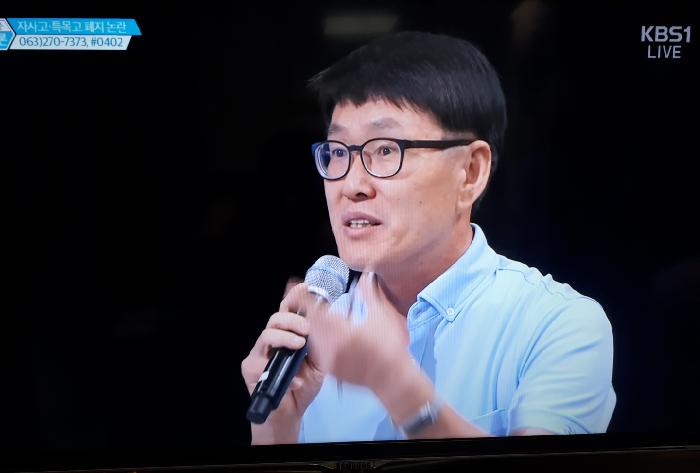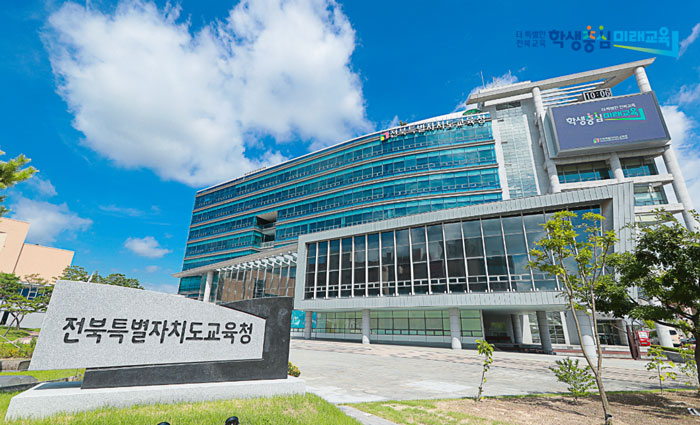2022 개정 교육과정의 핵심은 학생의 성취 수준에 따른 성취평가제와 역량 중심 교육의 실현이다. 2025년은 교육계의 미래 운명을 결정할 중요한 시점이다. 암기식 지식 중심에 머무를 것인지 창의적 고등 사고 능력 중심 교육으로 전환할 것인지 결정해야 한다.
고등학교의 경우 5등급 상대평가를 병행하고 있지만, 성취평가를 목표로 하고 있다. 현재의 상대평가는 성취평가로 전환하기 위한 과도기에 불과하다. 그러나 전북 교육은 아직 상대평가에 의존하는 교육 풍토에서 크게 벗어나지 못하고 있다. 2025년 1학기 학업성취도별 분포 비율을 보면 성취수준 A 비율은 아직도 낮고 D, E 비율은 지나치게 높다. 진로선택 과목의 점수 부풀리기도 심하다. 성취평가에 맞는 교수학습 및 평가가 제대로 이루어지지 못한 까닭이다.
전북 교육에서 강조하는 깊이 있는 학습을 위한 개념기반 탐구학습과 IB 교육 프로그램은 모두 성취평가에 기반을 두고 있다. 성취평가는 고등 사고 능력을 종합적으로 평가하고 배운 내용을 자신의 언어로 표현하는 능력을 함양하는 서·논술형 평가를 통해 비로소 완성된다. 서·논술형 평가의 타당성과 신뢰성을 높이기 위해서는 수업–평가를 연계한 실천형 연수 체계와 교사의 평가 전문성 강화가 필요하다.
지역의 전문성 강화를 위한 노력이 부재했던 것은 아니다. 다만, 1회성 그리고 이론 중심의 연수만으로는 전문성을 확보하기 어렵다. “교사의 수업–평가 연계 실천형 연수 확대”와 “교사 역량 진단 기반 맞춤형 연수 체계 구축”이 필요한 까닭이다. 학교 현장에서 실천형 및 맞춤형 연수 체계를 구축할 수 있는 핵심 주체가 수석교사이다.
그런데 전북특별자치도교육청(전북교육청)은 2026학년도 수석교사를 0명 선발할 계획이라고 한다. 수석교사를 본격 임용하기 시작한 2012년 이후, 최초의 사태이다. ‘교사 전문성 신장’과 ‘평가 혁신’을 동시에 강조하면서도 인적 기반을 구축하지 않은 것은 교육정책 운영의 심각한 정책적 모순이라 할 수 있다.
전북교육청은 그동안 꾸준하게 수석교사를 선발하여 공교육 정상화와 수업 혁신을 위해 노력하였다. 그러나 교육부의 교사 감축을 이유로 2026년 선발 계획조차 수립하지 않은 금번 결정은 서·논술형 평가의 내실화와 공교육 신뢰 회복의 저해 요인으로 작용할 우려가 있다.
전북교육을 학생이 주인공이 되는 창의적인 고등 사고 능력을 함양하는 교육으로 전환하기 위해서는 당장 눈앞의 성적에 흔들리지 않고 ‘단위학교 및 교사의 평가 역량 강화’를 위한 다음 노력을 해야 한다.
첫째, 수업–평가 연계 중심의 실천형 연수 프로그램 확대 및 전문성 관리 체계를 마련해야 한다.
둘째, 교사의 평가 문해력과 교육과정 해석 능력을 지도·지원할 전문교사를 확보해야 한다. 단순히 3~4시간의 전달 연수를 통해서는 절대 성취할 수 없으며 꾸준한 지도 지원을 통해 가능하다.
셋째, 교사의 평가 전문성 향상을 위한 학교 단위 연구, 피드백, 컨설팅 활동이 체계적으로 이루어져야 한다.
서·논술형 평가의 내실화는 단순한 평가 방식의 변화가 아니라 교육의 본질을 회복하는 과정이다. 이를 위해서는 교육과정과 평가를 연결하고, 현장을 지원할 전문 인력인 수석교사의 역할 복원과 확충이 절대적으로 필요하다. 수석교사 선발에 대한 전북교육청의 전향적인 입장을 기대한다.
 전북지역공동 교육위원회 자문
전북지역공동 교육위원회 자문
한국중등수석교사회 회장
전) 전북교육공동연구원 대표


 전북지역공동 교육위원회 자문
전북지역공동 교육위원회 자문